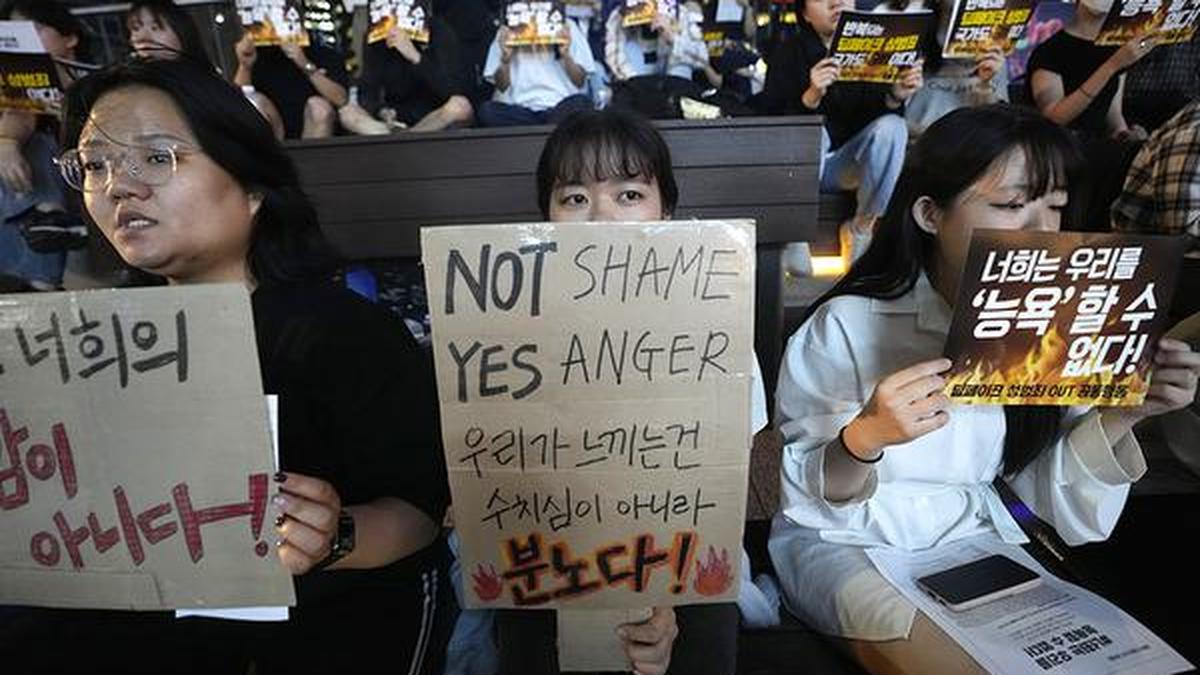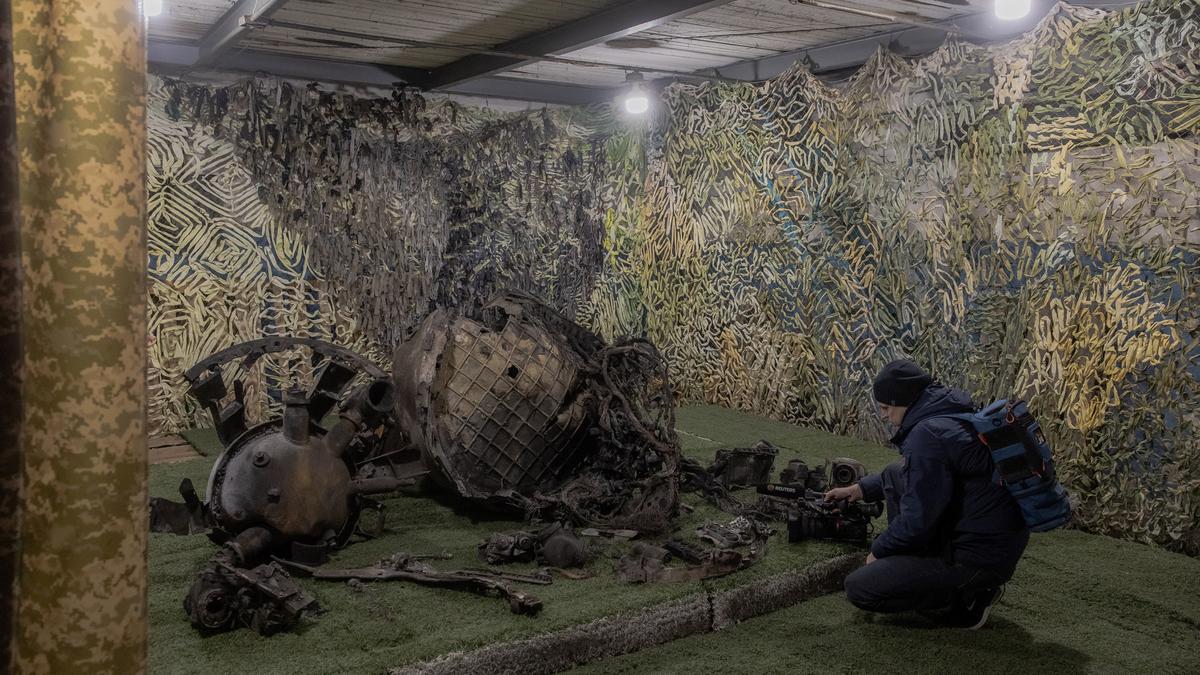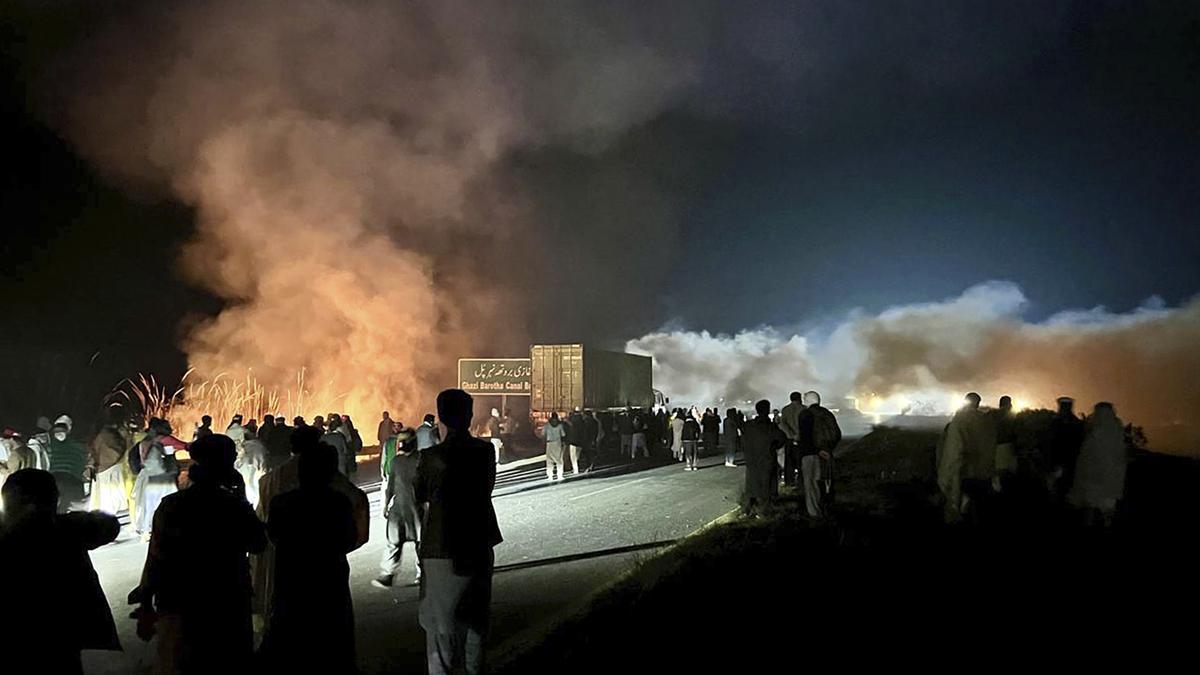Three years after the 30-year-old South Korean woman received a barrage of online fake images that depicted her nude, she is still being treated for trauma. She struggles to talk with men. Using a mobile phone brings back the nightmare.
“It completely trampled me, even though it was not a direct physical attack on my body,” she said in a phone interview. She did not want her name revealed because of privacy concerns.
Many other South Korean women recently have come forward to share similar stories as South Korea grapples with a deluge of non-consensual, explicit deepfake videos and images that have become much more accessible and easier to create.
It was not until last week that parliament revised a law to make watching or possessing deepfake explicit content illegal.
Most suspected perpetrators in South Korea are teenage boys. Observers said the boys targeted female friends, relatives and acquaintances — also mostly minors — as a prank, out of curiosity or misogyny. The attacks raise serious questions about school programmes but also threaten to worsen an already troubled divide between men and women.
Explicit deepfake videos in South Korea gained attention after unconfirmed lists of schools that had victims spread online in August. Many girls and women have hastily removed photos and videos from their social media accounts. Thousands of young women have staged protests demanding stronger steps against explicit deepfake videos. Politicians, academics and activists have held forums.
“Teenage (girls) must be feeling uneasy about whether their male classmates are okay. Their mutual trust has been completely shattered,” said Shin Kyung-ah, a sociology professor at South Korea’s Hallym University.
Officials including President Yoon Suk Yeol have confirmed a surge of explicit deepfake content on social media. Police have launched a seven-month crackdown. Recent attention to the problem has coincided with France’s arrest in August of Pavel Durov, the founder of the messaging app Telegram, over allegations that his platform was used for illicit activities including the distribution of child sexual abuse. South Korea’s telecommunications and broadcast watchdog said on Monday that Telegram has pledged to enforce a zero-tolerance policy on illegal deepfake content.
Larger scale
Police say they have detained 387 people over alleged deepfake crimes this year, more than 80% of them teenagers. Separately, the Education Ministry said about 800 students have informed authorities about intimate deepfake content involving them this year. Experts said the true scale of explicit deepfake videos in the country is far bigger.
The U.S. cybersecurity firm Security Hero called South Korea “the country most targeted by deepfake pornography” last year. In a report, it said South Korean singers and women actors constitute more than half of the people featured in deepfake pornography worldwide.
The prevalence of explicit deepfake videos in South Korea reflects various factors including heavy use of smart phones; an absence of comprehensive sex and human rights education in schools and inadequate social media regulations for minors as well as a “misogynic culture” and social norms that “sexually objectify women,” according to Hong Nam-hee, a research professor at the Institute for Urban Humanities at the University of Seoul.
Published – October 04, 2024 09:37 am IST






